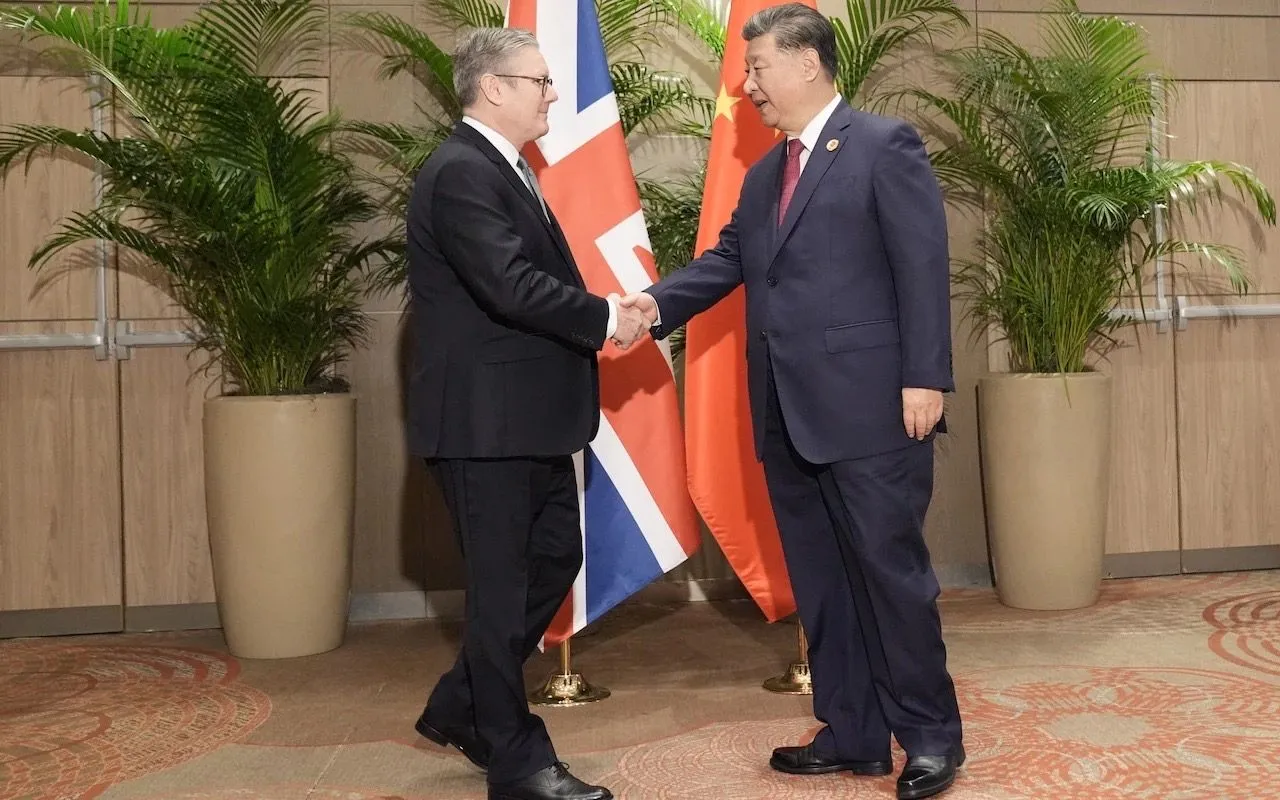Silencing dissent across borders: the free speech crisis of transnational repression
Silencing dissent across borders: the free speech crisis of transnational repression

Silencing dissent across borders: the free speech crisis of transnational repression – The Free Speech Union

For those who flee authoritarian regimes in search of freedom, the right to speak, think and assemble without fear of reprisal should be guaranteed. But new data from Freedom House reveals that even in Western democracies, exiles are increasingly denied these fundamental rights. In 2024 alone, 23 governments engaged in ‘transnational repression’, which involves the systematic use of coercion, surveillance and violence to silence political activists, journalists, religious minorities and dissidents living abroad.
According to the human rights group, there were 160 incidents of physical transnational repression across 34 countries last year, including assassinations, abductions, unlawful deportation and detentions. Over the past decade, 1,219 documented incidents demonstrate a disturbing global trend: authoritarian governments are no longer content to crush dissent within their own countries. They are also reaching into foreign jurisdictions to do the same thing.
“Regimes around the world are working to silence their critics even after they have sought refuge abroad,” said Annie Boyajian, interim co-president of Freedom House. “This is a growing problem that is critical to address.” The assumption that exile guarantees safety and free expression – long considered a pillar of democratic asylum – is under serious threat.
...
In Kenya, 36 Ugandan activists were abducted and forcibly returned to Uganda, where they were charged with “receiving terrorist training” for attending a civil society workshop. In Thailand, Cambodian activists were detained and deported for posting critical comments about their government on Facebook. Others were arrested ahead of planned protests against Cambodian Prime Minister Hun Manet.
Even in Europe, where many dissidents seek refuge, transnational repression is becoming more common. In March, China’s Ministry of State Security operatives attempted to kidnap a dissident at Charles de Gaulle Airport in Paris and force him onto a flight back to China.
Reports surfaced in July 2024 that Saudi activists living in the UK had been subjected to death threats and intimidation for speaking out against their home country’s record on women’s rights. Freedom House has documented multiple instances of Saudi Arabia targeting exiles for their advocacy on human rights issues.
...
Earlier this year it emerged that Hong Kong police had offered financial rewards for information leading to the arrests of six pro-democracy activists in the UK and Canada, with a bounty of HK$1m (£103,000) on each of them, sparking renewed concerns about transnational repression under Beijing’s draconian National Security Law.
...